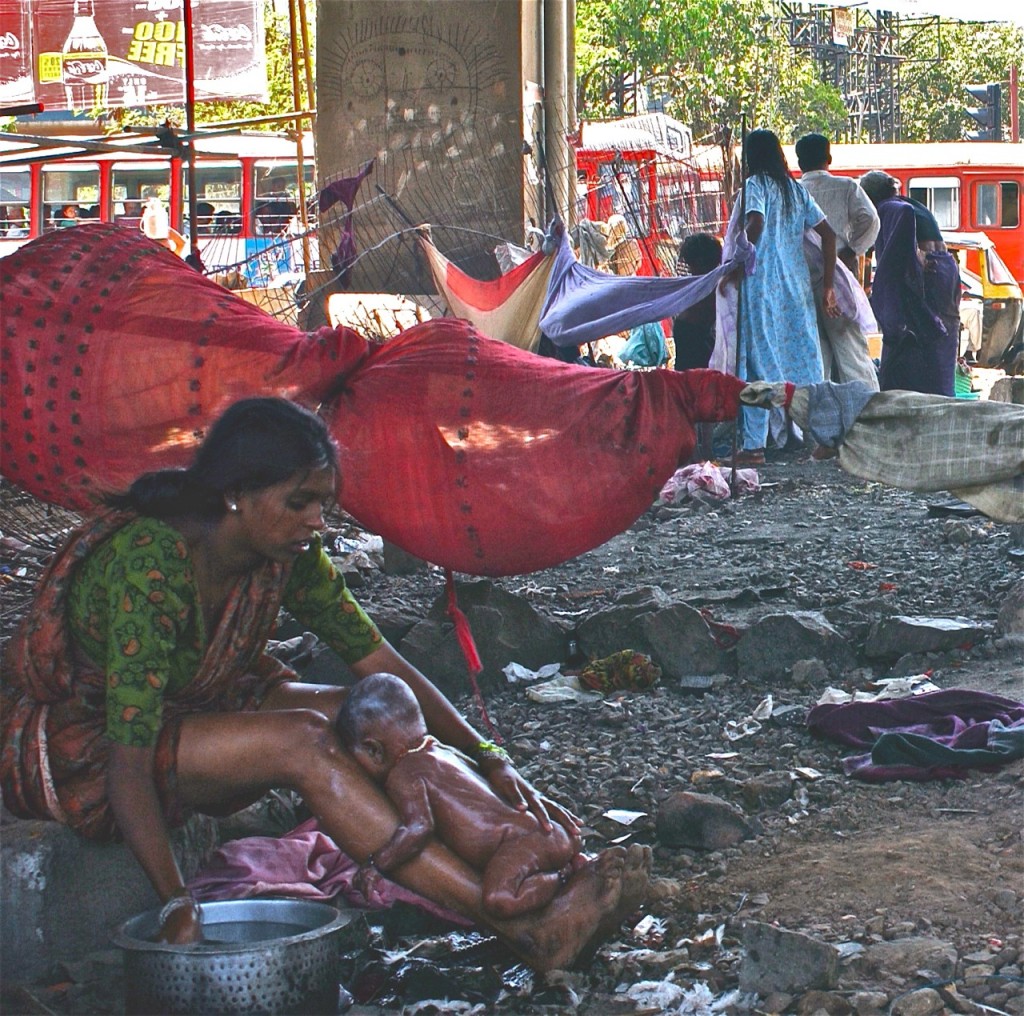The Naxal crisis has blown up in our face because of our vanity. We have failed to see it as a valid militancy because at the heart of it is desperate poverty. Extremism is often the curse of the impecunious. While the insurgency in Kashmir can still be seen as a diplomatic tangle, or terrorism originating in the North-East as a war of identity, the Naxal crisis is naked in its despair. Unless urban India rises up to the obscenities of inequality that have underlined this militancy, it will be akin to Nero, the Roman emperor of yore, fiddling his thumbs whilst Rome was burning.
Lets start with a very simple beginning: lets pay attention to the crisis. One obvious symptom of the malaise is that the only interface between the government and the people cannot be the police. It must be development work.
One argument could be that how can development work start when extremism is so rampant. To this, I wish to say, that even in Uttar Pradesh, where I am currently, there is barely any Naxal activity, but there certainly is no developmental work happening either! We need to stop asking the question, Why is Bihar poor That is elementary. Let us instead ask ourselves, How did Bihar become poor If this crisis is about tribals losing their land because the government wants to go on a mining binge, let tribals too participant in this orgy. There must be a vision of a state, and it must be shared by all. There are some very respected names who have worked on a grassroots level with very specific areas, men with a deep knowledge of peoples grievances and unjust histories. The government should be eager to engage them. I dont see that.
I am not proposing Gandhism, even though some great Gandhians have done radical work in the worst-affected zones in the Naxal heartland, districts that have seen generations of negligence. What I am saying is that given the problems of a pluralist society such as India, if there can be a Special Economic Zone (SEZ), there is always scope for a Special Government Zone (SGZ).
That said, Naxals will have to give up violence. There is a deep irony at the heart of this bloodshed: a poor policeman posted in the middle of nowhere (nowhere for us on the fringes, geographically at least) is also choosing such a job out of desperation. He must be poor. Killing him is not the way to win a war. The war can only be won by consensus. And our urban classes, that can celebrate a Fashion Week with exotic variations of fabric, but fail to see the irony of a cotton farmer killing himself a hundred kilometres away, will have to see the grotesque injustices that still exist at the heart of their beloved nation. We should lose our vanity and come to terms with the fact that there is a desperately impecunious nation at the centre of all this. The economic liberalization has hugely benefitted the urban middle-class. Let us begin to share the spoils, as they say.
The answer to the Naxal crisis is dependent on urban Indians reaching out. They owe a great responsibility to the disadvantaged, because if a nation is to progress, it must take all people along with it. I want to be optimistic and believe that this may be possible. But as Desmond Tutu of South Africa once said, Of course there will be forgiveness. But first let there be justice.
(Published in the Mumbai Mirror on May 30th 2010)
Sudhir Mishra has been blogging on cinema at PassionForCinema, and has now begun a new blog on cinema as well as life beyond just cinema, at <a href=”http://sudhirmishra.wordpress.com”>http://sudhirmishra.wordpress.com</a>
